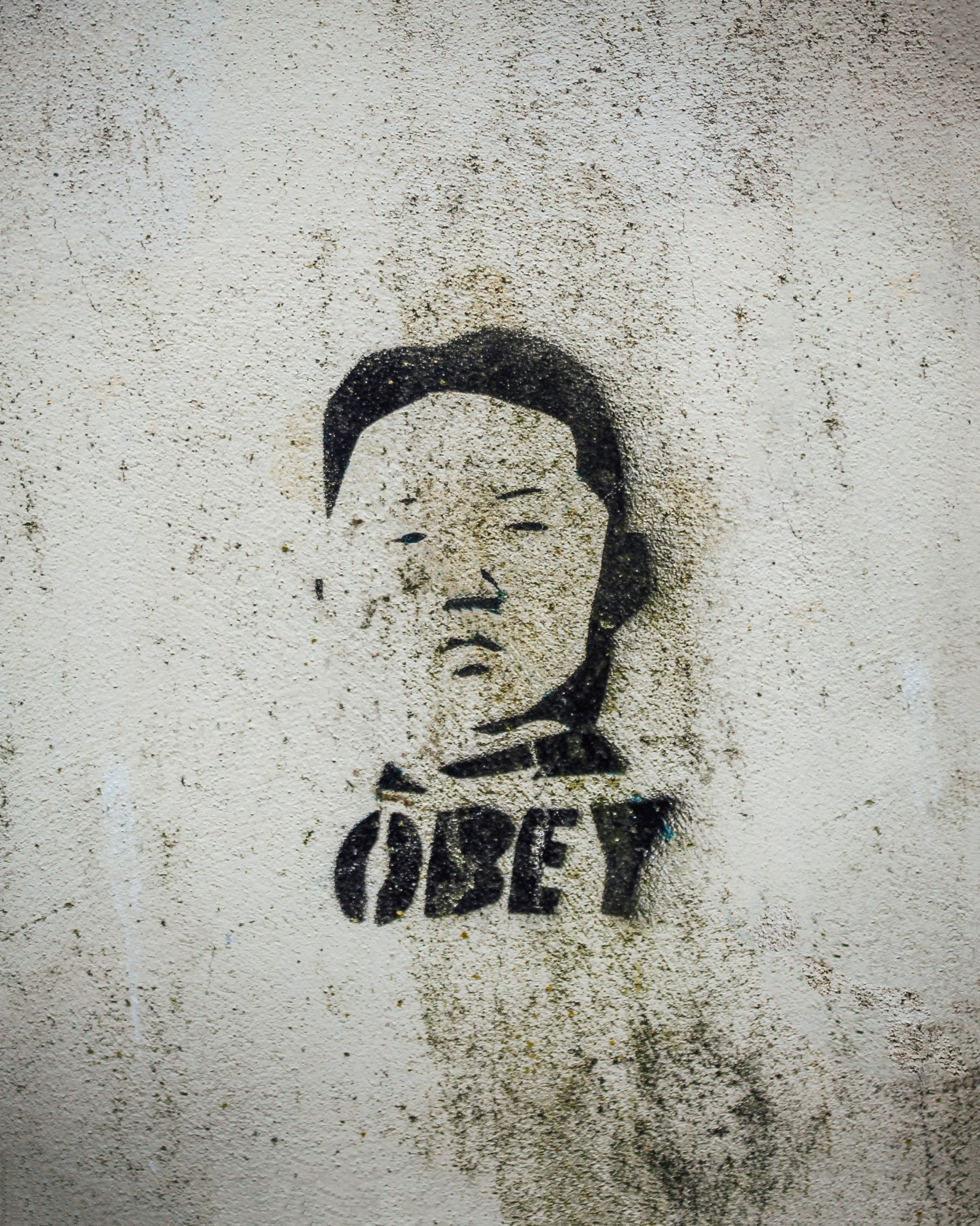“Tyranny” is thrown around in our culture much like the word “abuse.” Every time you make me feel uncomfortable, it is “abuse.” Every exercise of authority is “tyranny.” Because words are misused doesn’t mean that genuine abuses and tyrants don’t exist. They do. But we need to know where God draws these lines.
Solomon’s concern in Proverbs is to train his son to be a wise king and, therefore, to exercise authority properly, whether that authority is over his own appetites or the entirety of Israel. Authority is a right and responsibility granted by God to govern. Wherever God grants authority, that authority is real. When that authority is exercised in harmony with God’s authority, it must be obeyed. To disobey legitimate authority is to disobey God himself.
As real as human authority is on earth, it is also limited. It is limited in its power and its sphere.
To say that authority is limited in its power is to say that no authority on earth is absolute. No one is to be obeyed without question. All authority is delegated authority, given by God, and has the responsibility to be consistent with God’s authority. No authority has the power to forbid you to do what God commands or command you to do what God forbids. No government, pastor, elder, husband, or parent may command you to sin. No one is authorized to do that. If they do, you must obey God rather than men (cf. Ac 5.27-29).
Authority is also limited in its sphere. Because you have the authority to be a circuit judge does not mean that you have the authority to be a medical doctor. Authority is given for a specific purpose within a specific sphere You have authority over yourself. You may have authority within your family, the church, or the civil government. While all these spheres interact, the authority between them is distinct so that the lines cannot be crossed without sin. Husbands and fathers don’t control the sacraments of the church, and pastors don’t have fatherly authority over a family’s children. The scope of authority is limited.
Overstepping the boundaries of authority that God has placed on us is sinful, and that sin is called tyranny. Tyranny refuses to recognize the limits of authority. The tyrant doesn’t acknowledge the legitimate authority of others and, therefore, their freedom. He oppresses by violating the boundaries God has placed on him. This can be done by commanding subordinates to sin, but it can be done in other ways as well.
Tyranny doesn’t like or promote self-government but must have absolute control, dictating everything. Authority is not used by the tyrant to lead people to freedom but to keep them enslaved. As a parent, you should desire to discipline your children in order that they may be truly free; free from being unhealthily controlled by others, their own appetites, or controlled by others through their own appetites. The goal of authority in discipline is not to dictate everything about a person’s life but to help the person develop his character so that he can lead a self-disciplined life. Tyranny squashes proper forms of self-expression and freedom, making everyone conform. Many times, it is exercised in the name of love for the person; you only want him to be safe and have the outcomes you want to see for his life.
Tyranny, like many other sins, is on a spectrum from mild to severe. When pastors and elders threaten excommunication for activities in which God has given us freedom, that is tyranny. Parents who control their children to the point that they can’t grow up, are overbearing, and provoke them to anger by being overly stringent are tyrannical. Husbands who use their authority to require what is unreasonable, driving their wives to have the perfect house and perfect meals all while homeschooling a quiver full of children is tyrannical. Husbands trying to discipline their wives through spanking or other forms of corrective discipline as if they are children is crossing the line. Wives never being able to be pleased and using their sexual authority to punish their husbands is tyrannical. Governments restricting or denying God-given freedoms to its subject or citizens so that they can fulfill their part of God’s mission in the world is also tyrannical.
Tyranny doesn’t recognize God-given freedom, nor does it account for God-given limitations. It is demanding and unreasonable in its demands. The tyrant, though he may feign love, cares little to nothing about the genuine health of the other person. The other person is only a consumable to feed the need for control. Tyranny demands love and loyalty without doing the work to cultivate them. Consequently, people under tyrants tend to despise them while the life is sucked out of them so that they live in joyless existence.
Proper authority maintains the boundaries that God has given them to protect, recognizing the liberties of people within those boundaries (even liberties to be stupid at times), and does not overstep the God-given authority. Proper authority calls people up to self-government and helps them cultivate it by not seizing the opportunity of someone’s sloth to jump in and be a tyrant in the name of rescuing them.
We all exist in relationships where we are under authority and exercise authority throughout our lives. Do you recognize legitimate authority over you, submitting to all lawful commands with joy? Do you bear with the weaknesses of those in authority over you? If you don’t, then you are not ready to exercise authority. If you are an authority over others, what culture are you cultivating? Do those under your authority who want to do the right thing and be submissive have joy, or is life being sucked out of them because of your tyrannical ways? Is there relaxation in your presence, or does everyone walk on eggshells around you?
Be wise in your relationship with authority and respect the boundaries.
















